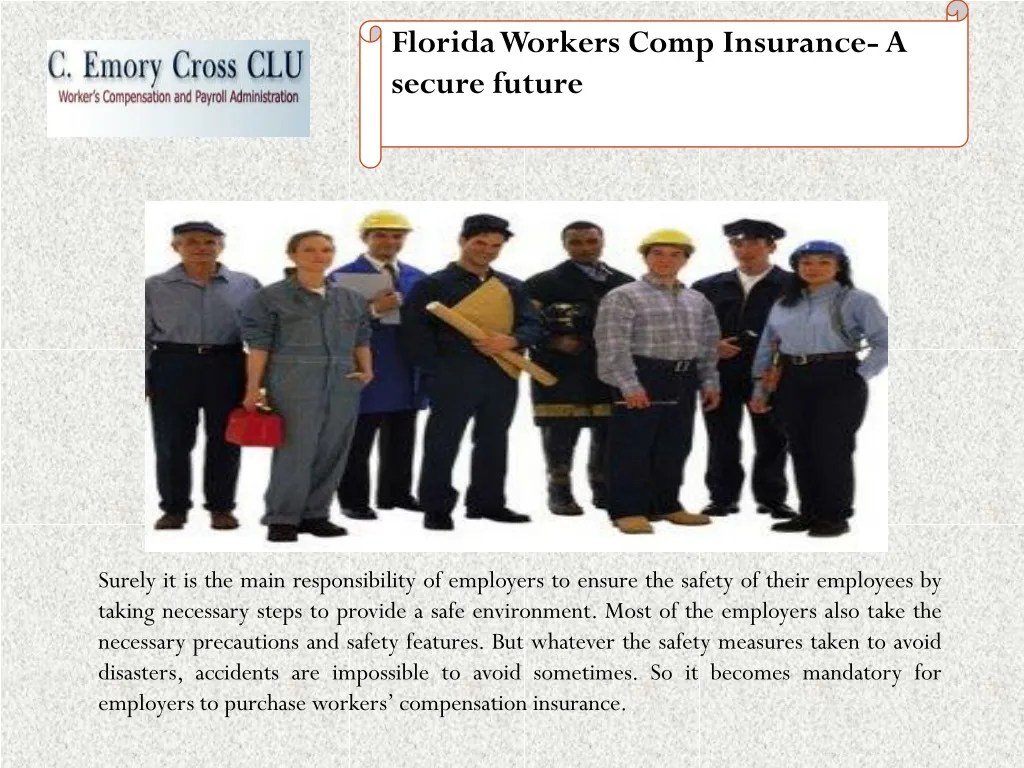Columbian Mutual Life Insurance: A Deep Dive into Financial Stability and Customer Experience
Columbian Mutual Life Insurance, a stalwart in the life insurance industry, boasts a rich history and a commitment to providing financial security for individuals and families. With a focus on stability, customer satisfaction, and a forward-looking approach, Columbian Mutual has established itself as a trusted provider of life insurance solutions. This comprehensive analysis delves into the company’s origins, product offerings, financial strength, customer experience, and future prospects, highlighting its key strengths and areas of innovation. We explore Columbian Mutual’s commitment to social responsibility and its role in shaping the evolving landscape of the life insurance industry. Company Overview Columbian Mutual Life Insurance Company, often referred to as Columbian, is a well-established life insurance provider with a rich history spanning over a century. Founded in 1907, the company has consistently adapted to the evolving insurance landscape, remaining a trusted source of financial security for individuals and families. History and Background Columbian Mutual Life Insurance Company traces its roots back to 1907 when it was established in Binghamton, New York. The company’s initial focus was on providing life insurance policies to individuals and families in the local community. Over the decades, Columbian expanded its operations and product offerings, becoming a national player in the life insurance industry. The company has a long history of financial stability and strong customer service, which has contributed to its enduring success. Mission, Vision, and Core Values Columbian’s mission is to provide financial security and peace of mind to its policyholders. The company strives to achieve this mission through a commitment to offering competitive and innovative life insurance products, exceptional customer service, and financial stability. Columbian’s vision is to be a leading provider of life insurance solutions, known for its integrity, customer focus, and financial strength. The company’s core values include: Integrity: Columbian is committed to operating with honesty and transparency in all its dealings. Customer Focus: The company prioritizes meeting the needs of its policyholders and providing them with excellent service. Financial Strength: Columbian maintains a strong financial position to ensure its long-term stability and ability to meet its obligations to policyholders. Innovation: The company is constantly seeking ways to improve its products and services to meet the evolving needs of its customers. Key Milestones and Achievements Columbian Mutual Life Insurance Company has achieved several significant milestones throughout its history. Some of the key achievements include: Expansion of product offerings: Columbian has expanded its product line to include a wide range of life insurance solutions, including term life, whole life, universal life, and indexed universal life insurance. Strong financial performance: The company has consistently maintained a strong financial position, with high ratings from independent credit rating agencies. Customer satisfaction: Columbian has consistently received high customer satisfaction ratings, demonstrating its commitment to providing excellent service. Community involvement: The company is actively involved in its communities through charitable contributions and support of local organizations. Products and Services Columbian Mutual Life Insurance offers a comprehensive range of life insurance products designed to meet the diverse needs of its customers. These products provide financial security and peace of mind to individuals and families, ensuring their loved ones are protected in the event of an unexpected loss. Types of Life Insurance Products Columbian Mutual Life Insurance offers a variety of life insurance products, each with unique features and benefits. These products are categorized into two main types: term life insurance and permanent life insurance. Term Life Insurance: Term life insurance provides coverage for a specific period, typically ranging from 10 to 30 years. It offers a lower premium compared to permanent life insurance but does not accumulate cash value. If the policyholder dies within the term, the beneficiary receives the death benefit. If the policyholder survives the term, the coverage expires, and no death benefit is paid. Permanent Life Insurance: Permanent life insurance provides coverage for the policyholder’s entire lifetime, as long as the premiums are paid. It accumulates cash value that can be borrowed against or withdrawn. Permanent life insurance policies are generally more expensive than term life insurance but offer a combination of death benefit and investment features. Term Life Insurance Term life insurance is a cost-effective option for individuals seeking temporary coverage. It is particularly suitable for young families with mortgage payments, young children, or other financial obligations. Features: Fixed Premiums: Term life insurance premiums remain fixed for the duration of the policy term. Death Benefit: If the policyholder dies within the term, the beneficiary receives the death benefit. No Cash Value: Term life insurance does not accumulate cash value. Benefits: Lower Premiums: Term life insurance premiums are generally lower than permanent life insurance premiums. Temporary Coverage: It provides coverage for a specific period, meeting temporary financial needs. Eligibility Criteria: Age: Most term life insurance policies are available to individuals between the ages of 18 and 65. Health: The policyholder’s health status is considered during the underwriting process. … Read more










